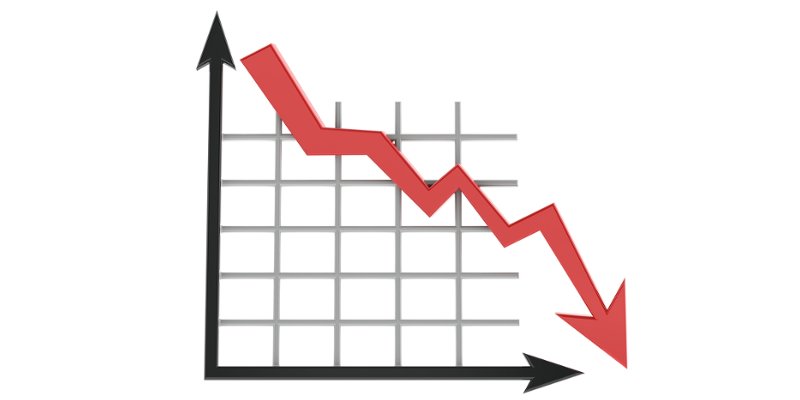In June there were 84,490 residential transactions (a provisional seasonally adjusted figure),16.5% fewer than June 2018.

The number of residential property transactions dropped by 9.6% from May to June, HMRC property transaction statistics have found.
In June there were 84,490 residential transactions (a provisional seasonally adjusted figure),16.5% fewer than June 2018.
Adrian Moloney, sales director at OneSavings Bank, said: “Politics continues to dominate the conversation when it comes to the property market, and as we wait to see how the new Prime Minister will affect economic and housing policy, this is likely to continue.
“With uncertainty still in the air, prospective buyers remain hesitant, with many waiting for more clarity before making purchase decisions.
“While a change of leadership could encourage a new outlook for the market, a clear focus on the underlying supply/demand issues within the housing market is needed to drive any real change.”
Craig Hall, head of broker relationships and propositions, Legal & General Mortgage Club, said that extending stamp duty to last-time buyers could help increase the number of transactions.
He added: “While support from the mortgage market and government schemes has helped many borrowers buy their first home, the current undersupply of housing is slowing growth in transaction volumes.
“Despite Legal & General Mortgage Club research showing that just 12% of consumers, looking to buy in the next six months, have considered delaying their decision because of current political uncertainty, a lack of suitable housing at all tenures and high stamp duty costs is leading many to stay put.
“One solution would be to extend the current stamp duty exemption to last-time buyers, aiding them to easily downsize to a more suitable home, freeing up larger homes to growing families looking to move up the ladder.
“Anyone unsure about what their next move is, should get in touch with an independent mortgage adviser who can help secure the best mortgage for the individual needs of the borrower.”
Andy Sommerville, director of Search Acumen, said the Brexit effect has finally taken hold of the housing sector with transaction levels falling in June.
He said: “Property owners are opting for a ‘wait and see’ approach before taking the plunge. A weakening pound and the spectre of possible house price corrections means more people are staying put for as long as they can.
“How long this continues will depend on how long the current political impasse stretches on, but it’s unlikely that we’ll see an uptick in transactions before the end of October.
“What we do know is that a quiet property market is the perfect opportunity for professionals to take stock – they’re facing more pressures than just transaction levels with technology, regulation and market evolution shaking up their business models today.
“Now is the time to look forward and ensure that once certainty returns to the market, businesses are ready to put their best foot forward.”
Marc von Grundherr, director of Benham and Reeves, was more optimistic, saying it’s important to note that this data is reported with a bit of a lag and so the level of transactions being relayed are really those accepted back in March.
He added: “With many of us, perhaps foolishly, believing we would be exiting the EU at the end of March, it stands to reason that the vast majority of buyers may have refrained from a sale until this event had passed.
“Therefore any dip in transactions should be viewed as a momentary stutter and with many other market indicators suggesting a return to form and growing levels of buyer demand over the last few months, we should start to see the number of properties being sold climb from here on in.”
The number of non-residential property transactions decreased by 7.2% between May 2019 and June 2019 and is 12.4% lower than June 2018.


